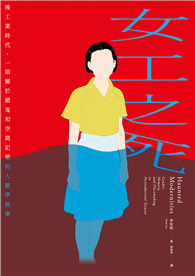The Negro at Work in New York City: A Study in Economic Progress, originally published as Volume 49, Issues 1-3, offers a detailed examination of the economic conditions and progress of African Americans in New York City during the early 20th century. Authored by George Edmund Haynes, a prominent sociologist and co-founder of the National Urban League, this study provides invaluable insights into the challenges and opportunities faced by African Americans in the urban labor market.
Haynes meticulously documents various aspects of African American employment, including occupational distribution, wage levels, and the impact of racial discrimination. Through statistical analysis and qualitative observations, the book sheds light on the factors influencing economic advancement and the strategies employed by African Americans to overcome systemic barriers.
This work is an essential resource for scholars and anyone interested in understanding the historical context of racial inequality and the ongoing struggle for economic justice. It provides a crucial historical perspective on the economic experiences of African Americans in one of America’s largest and most dynamic cities.
This work has been selected by scholars as being culturally important, and is part of the knowledge base of civilization as we know it. This work was reproduced from the original artifact, and remains as true to the original work as possible. Therefore, you will see the original copyright references, library stamps (as most of these works have been housed in our most important libraries around the world), and other notations in the work.
This work is in the public domain in the United States of America, and possibly other nations. Within the United States, you may freely copy and distribute this work, as no entity (individual or corporate) has a copyright on the body of the work.
As a reproduction of a historical artifact, this work may contain missing or blurred pages, poor pictures, errant marks, etc. Scholars believe, and we concur, that this work is important enough to be preserved, reproduced, and made generally available to the public. We appreciate your support of the preservation process, and thank you for being an important part of keeping this knowledge alive and relevant.












